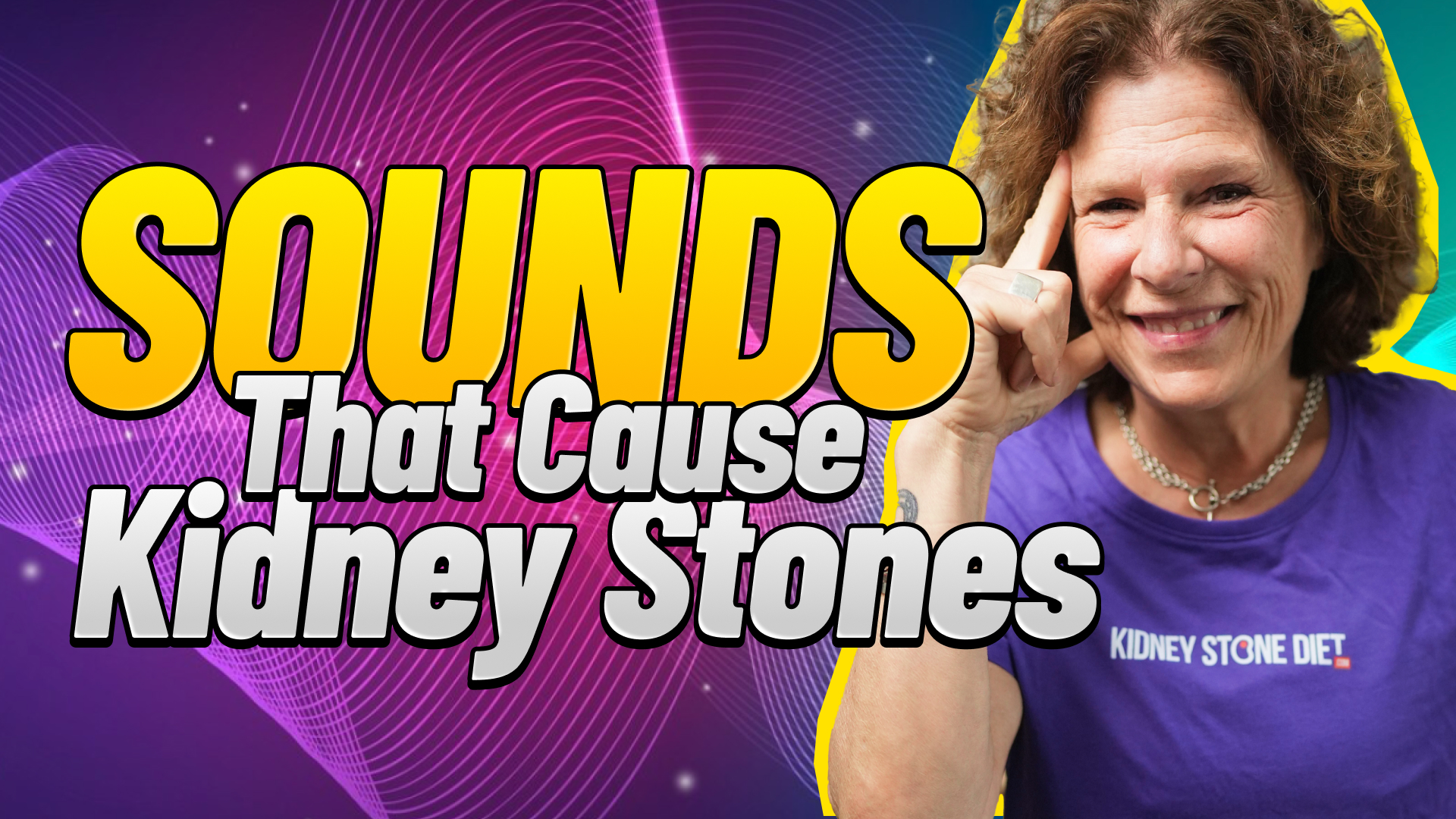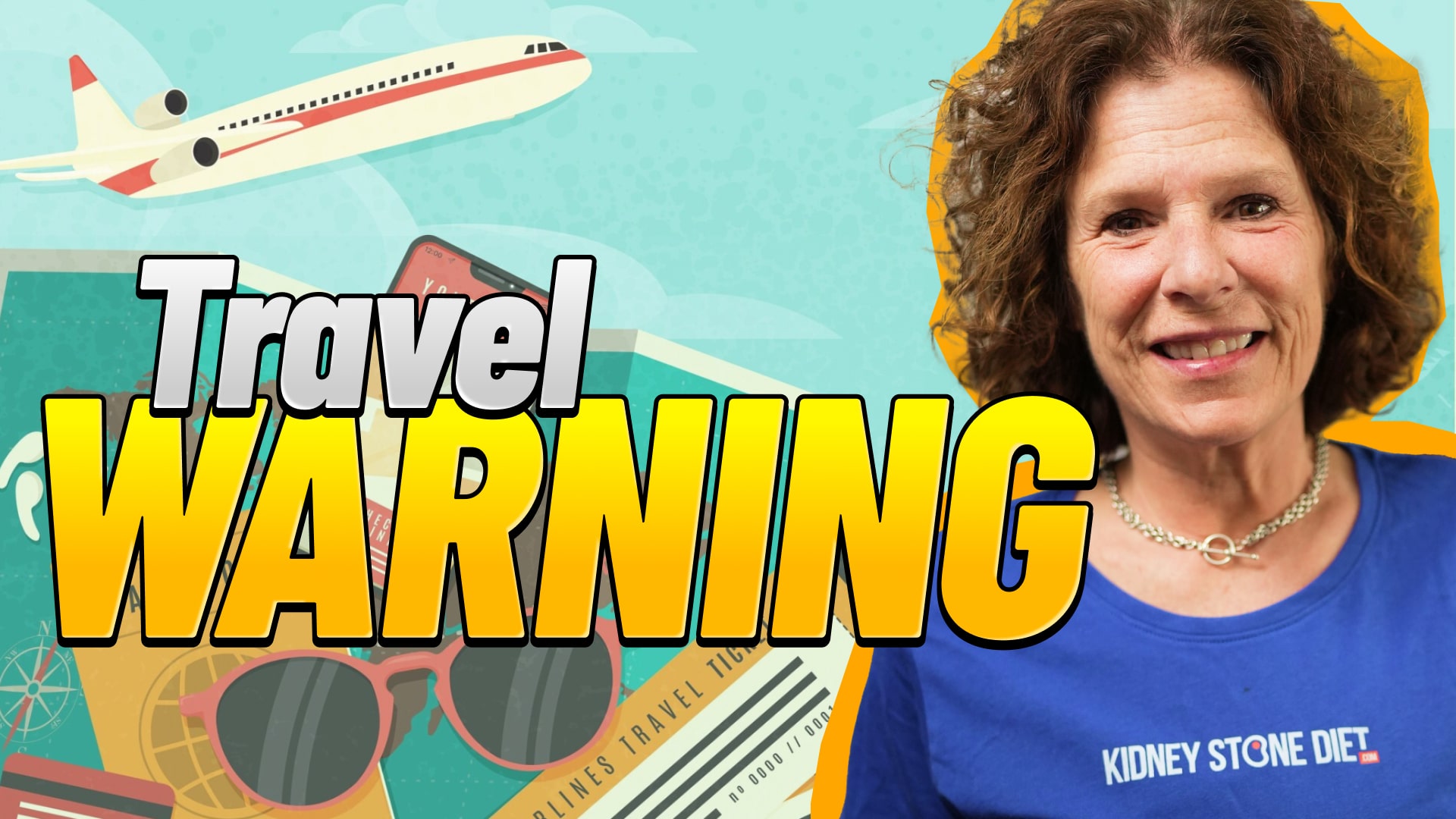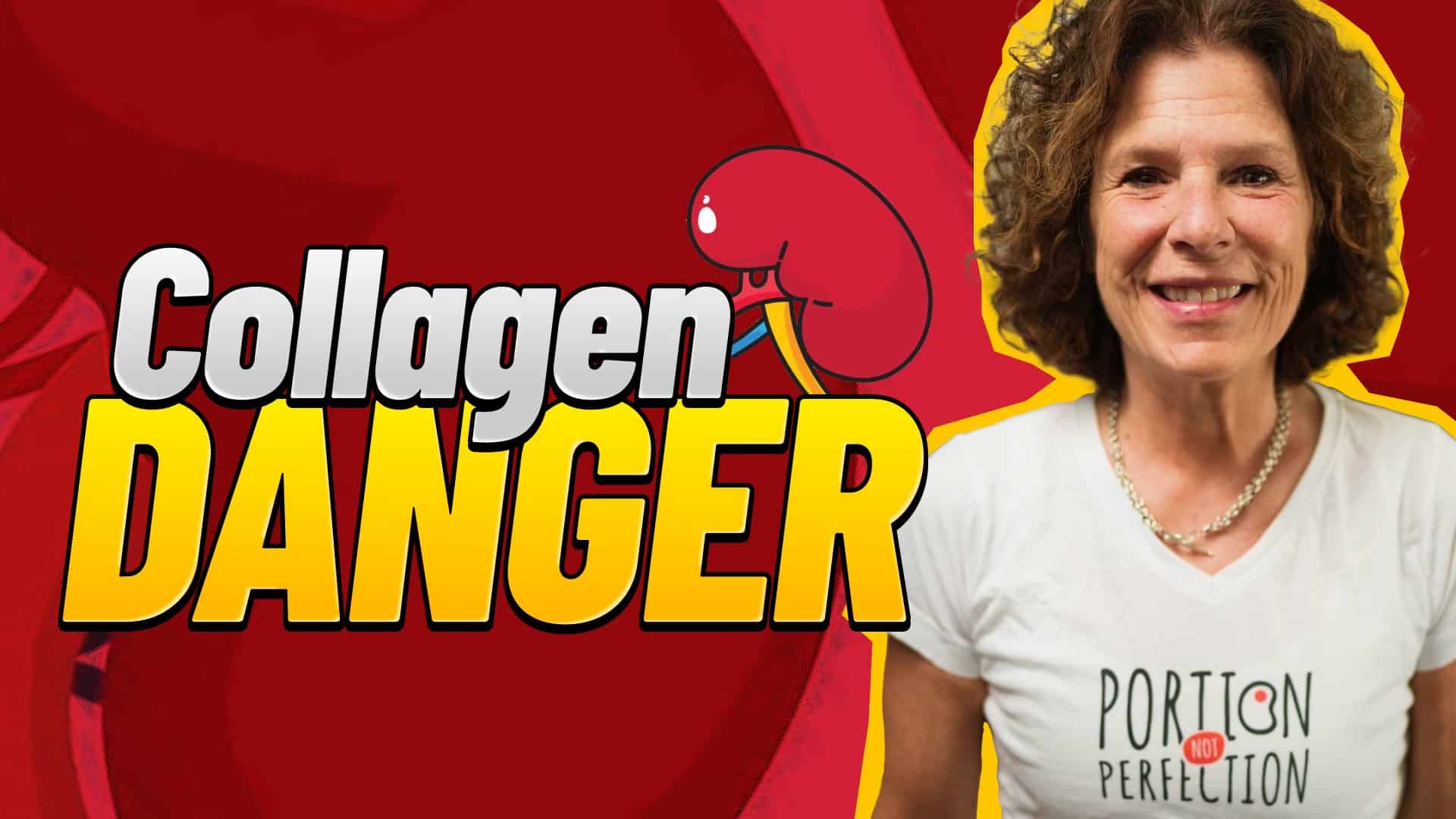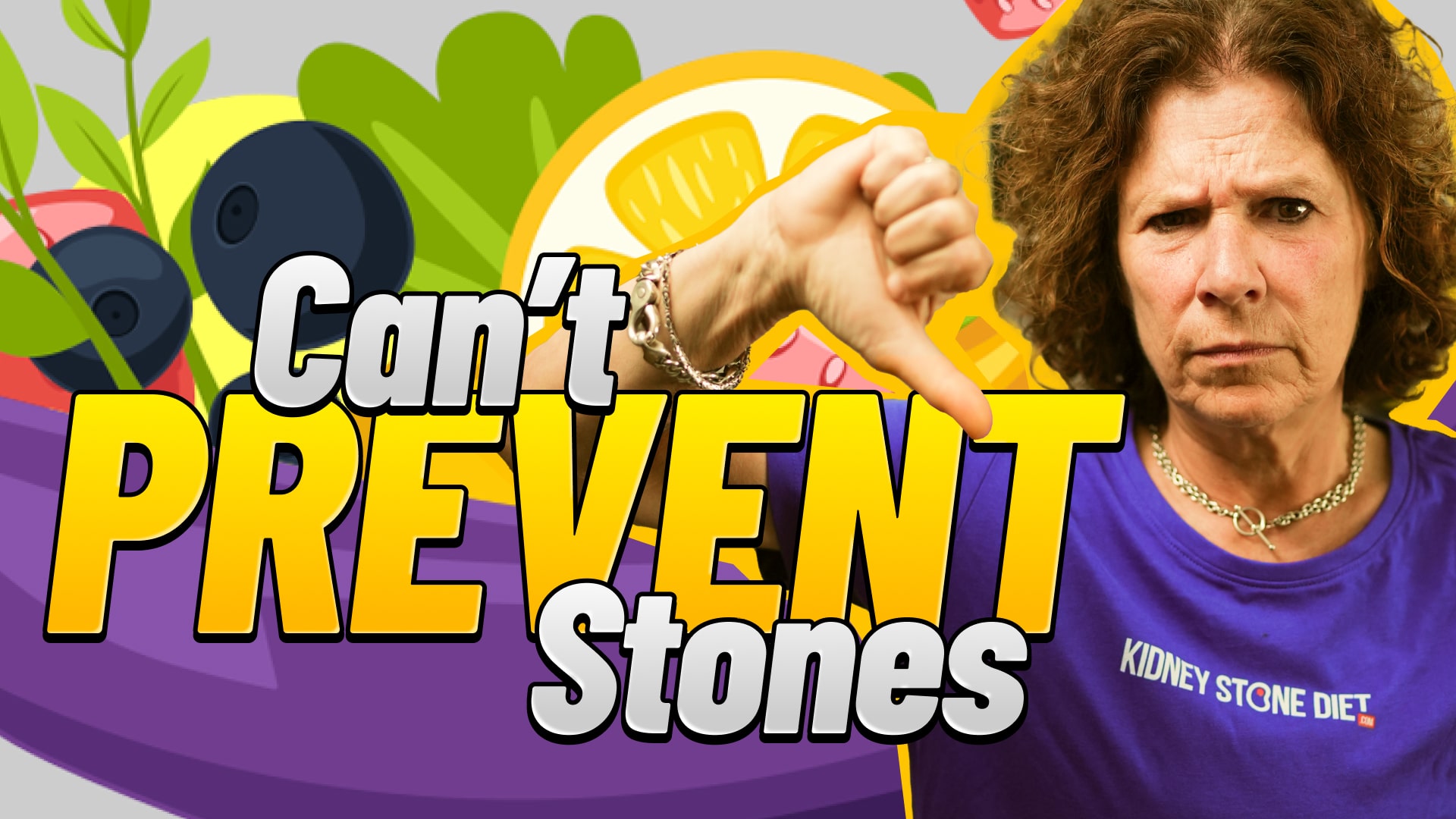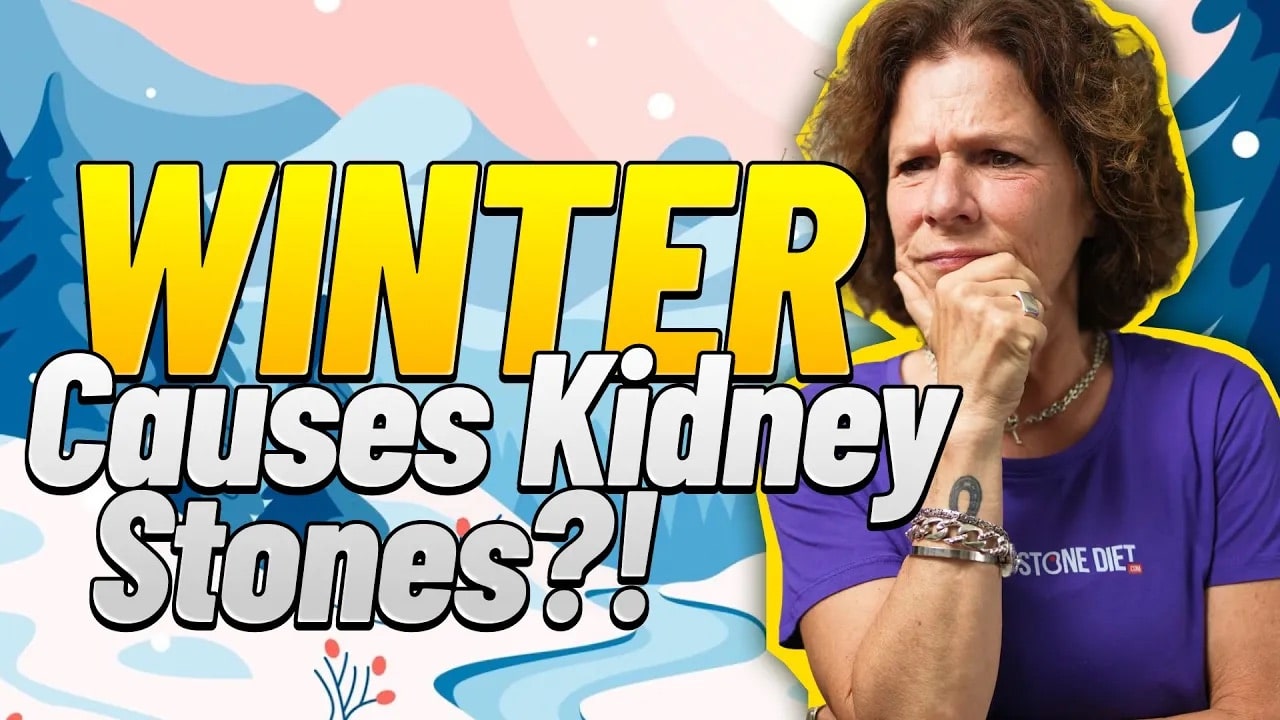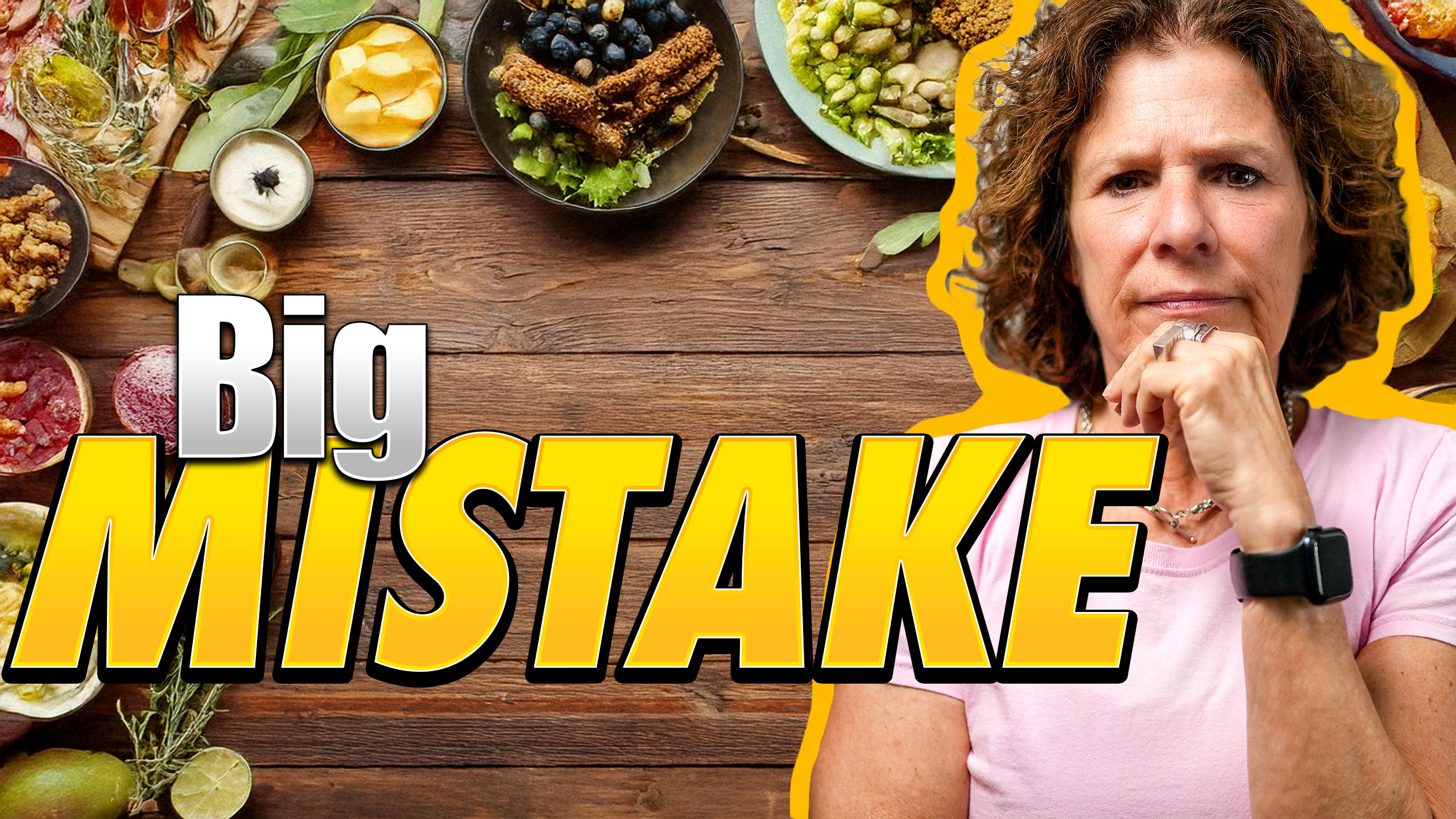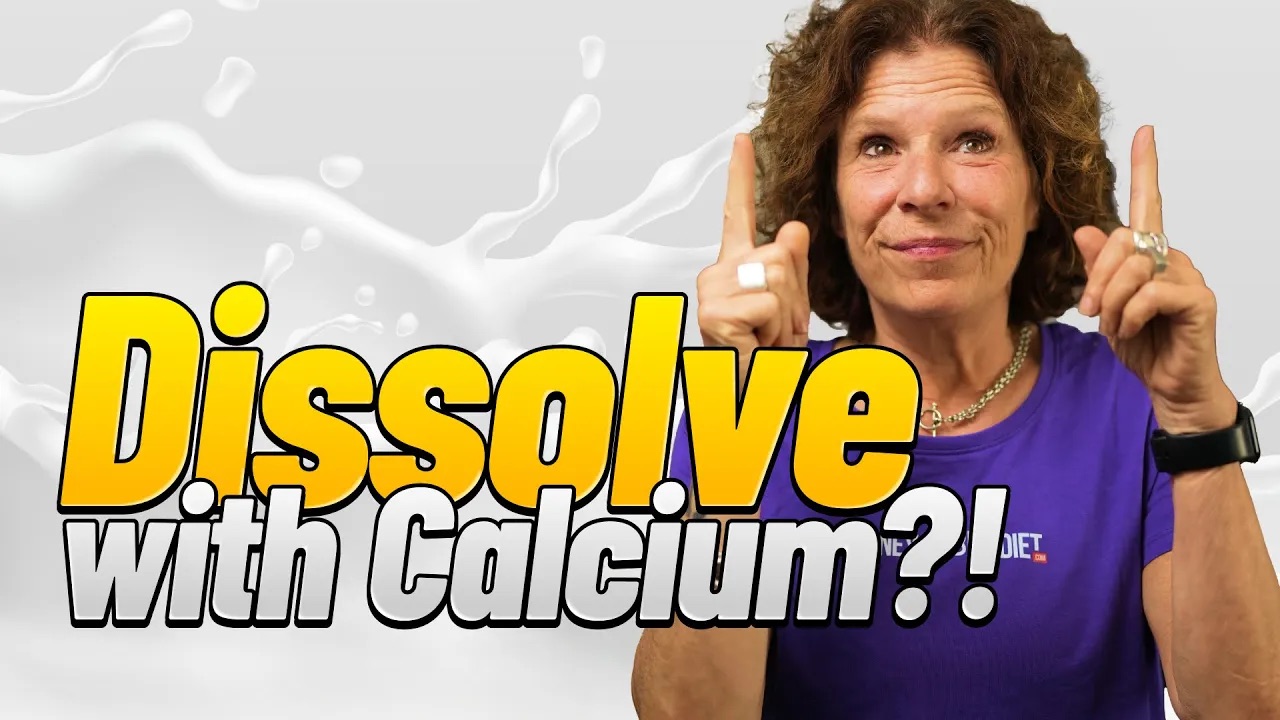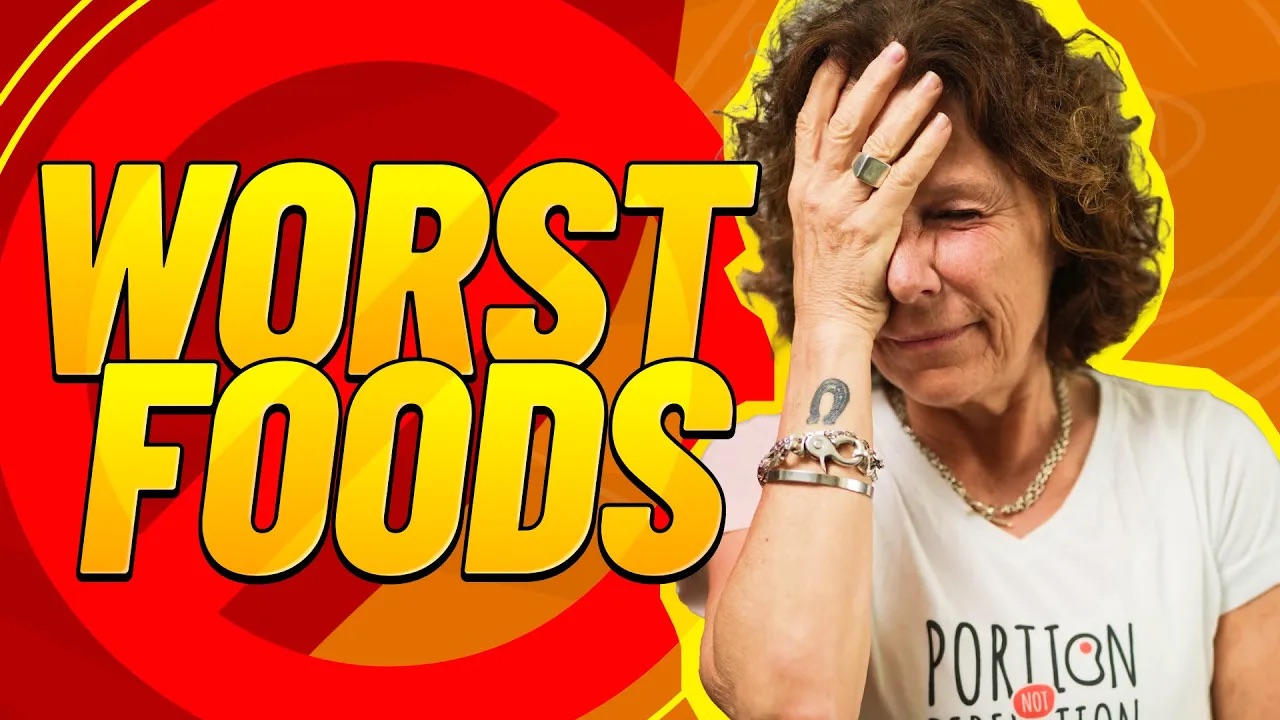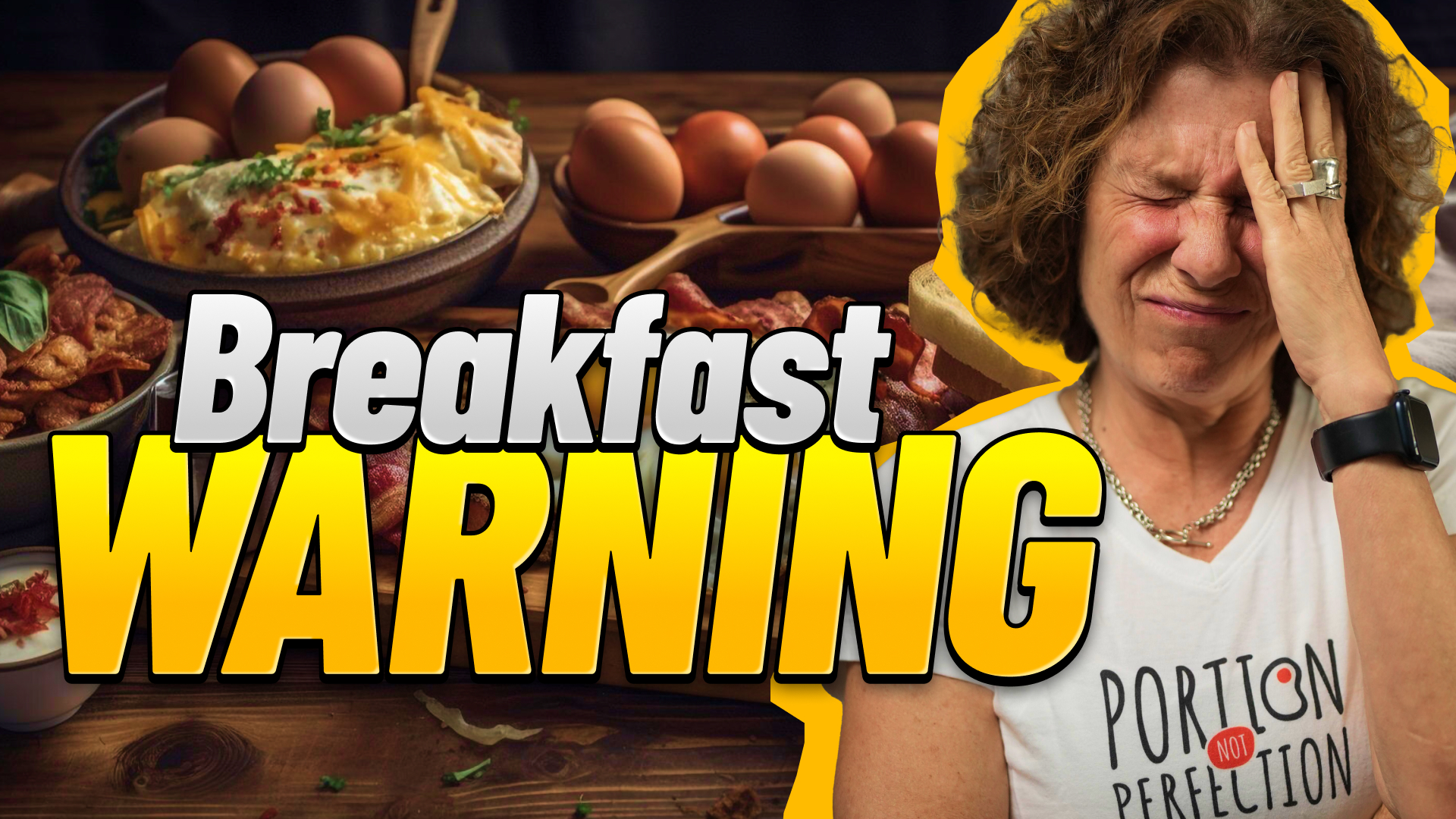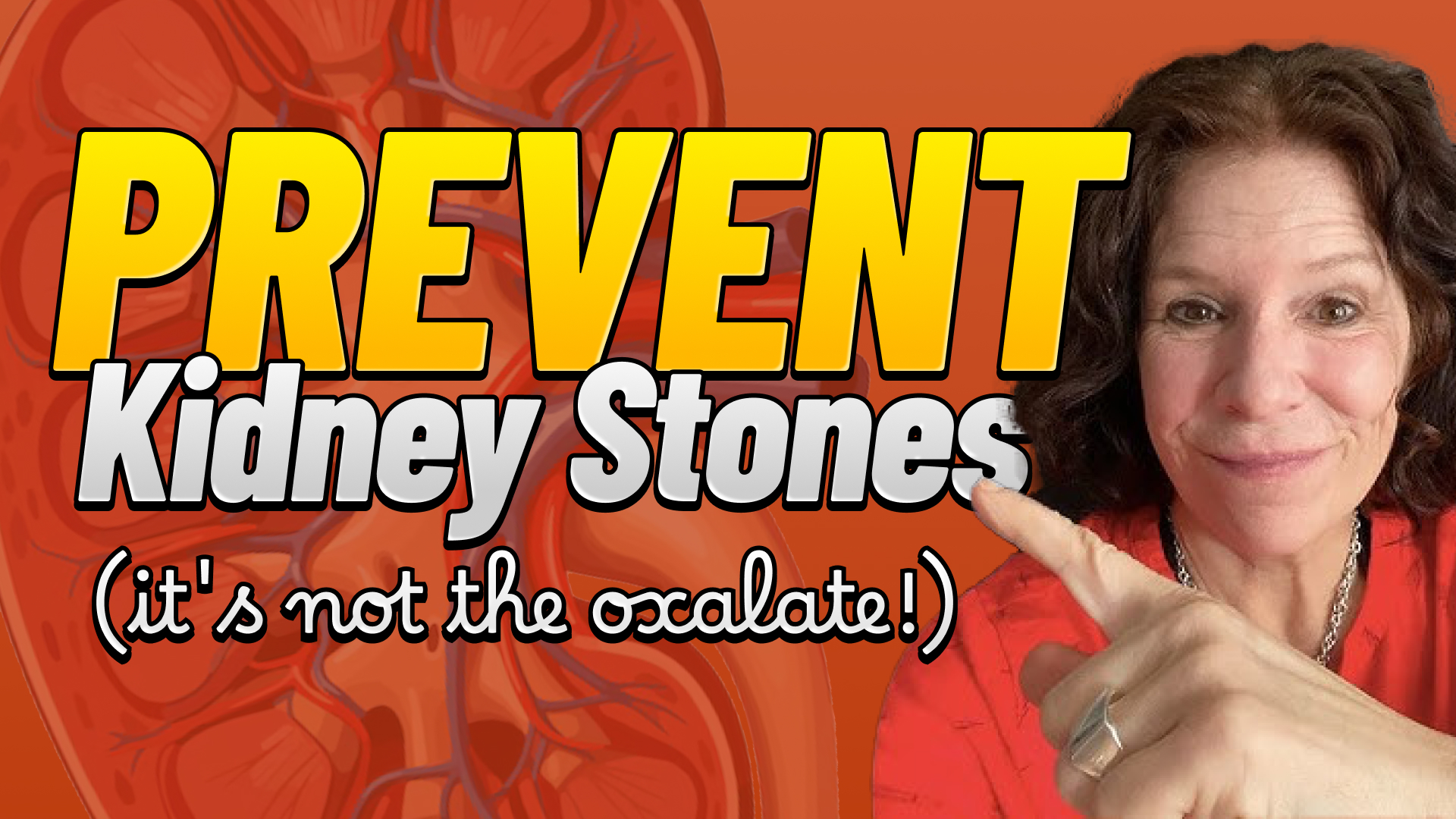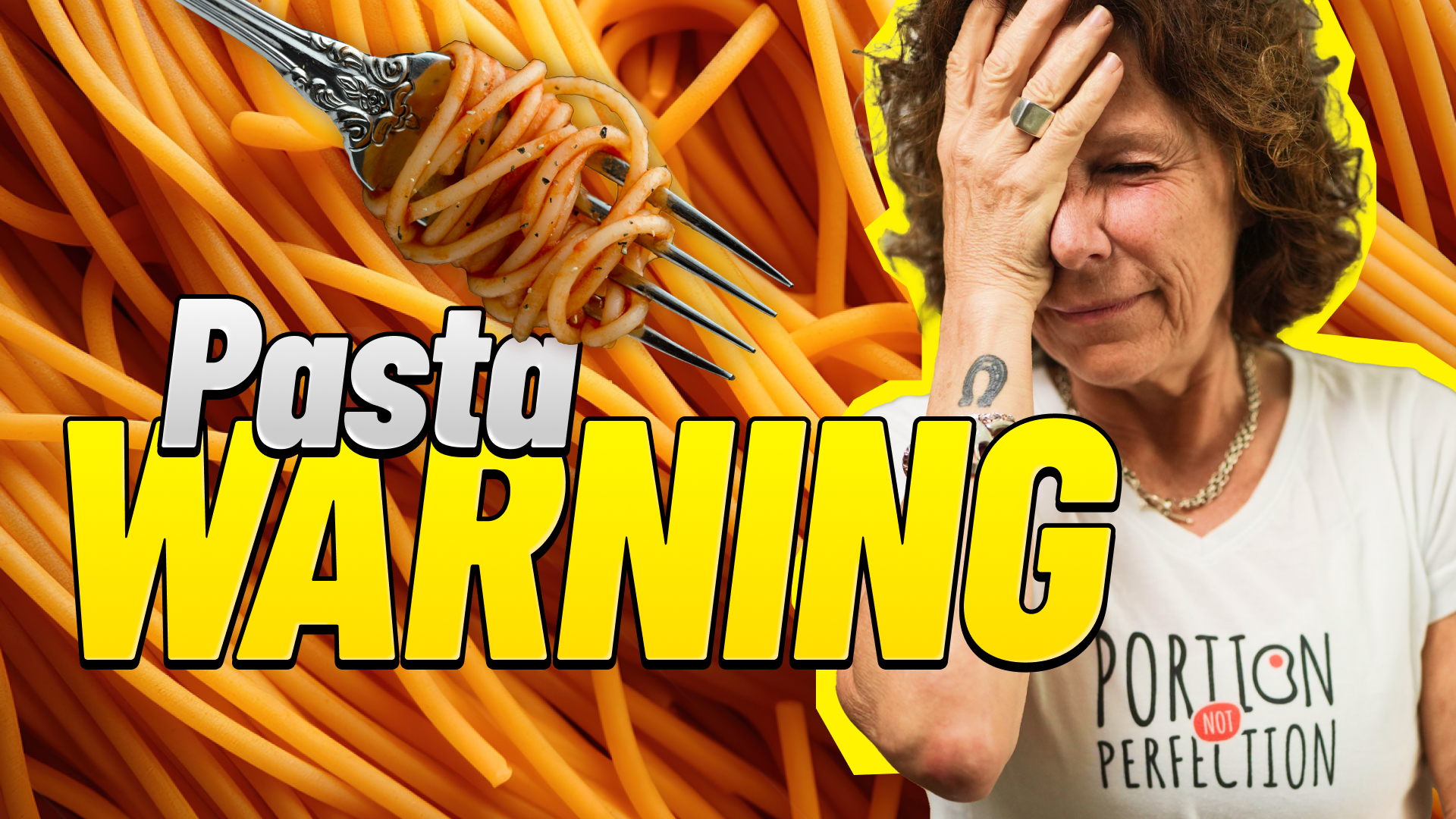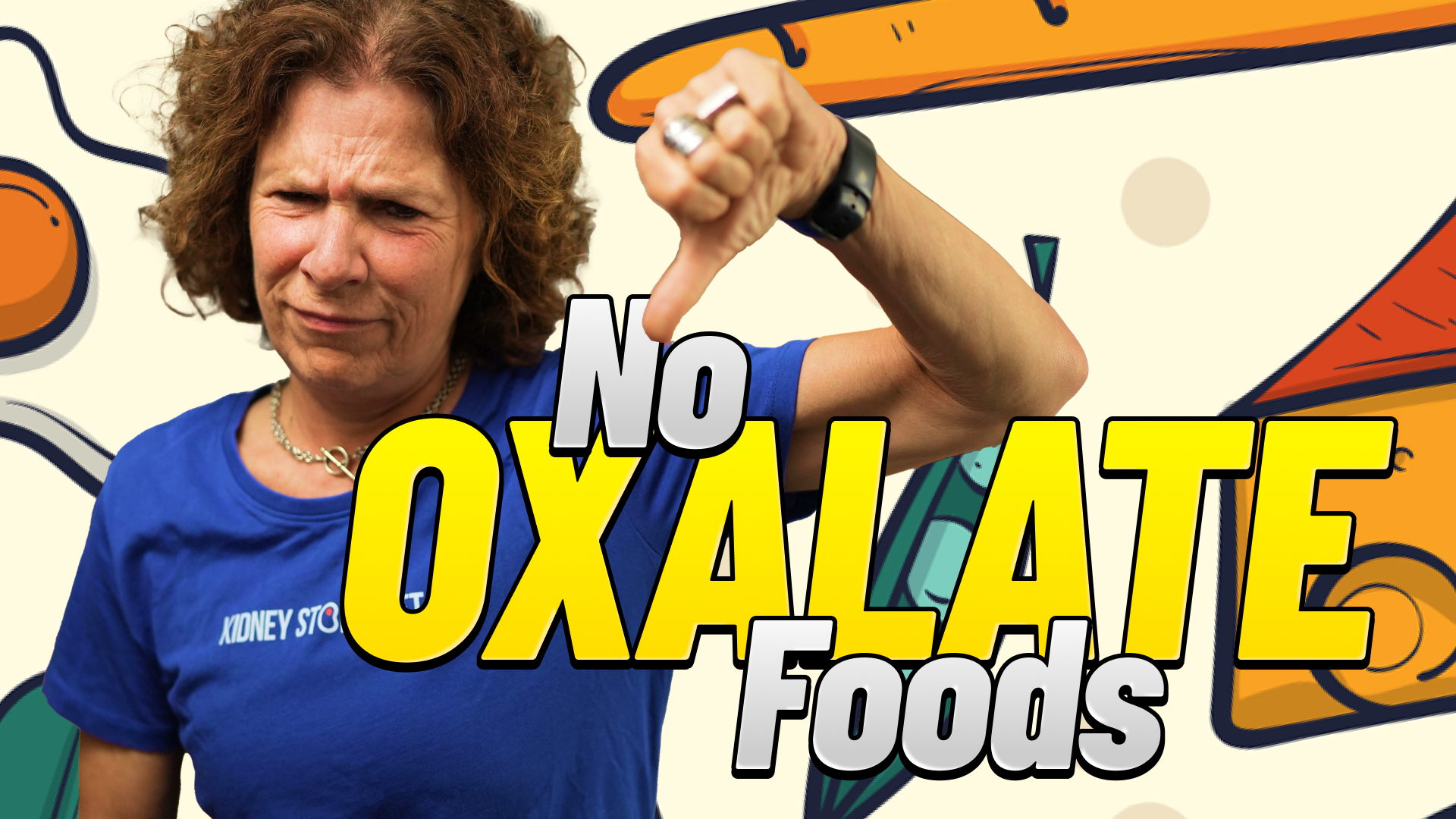with Jill Harris, LPN, CHC
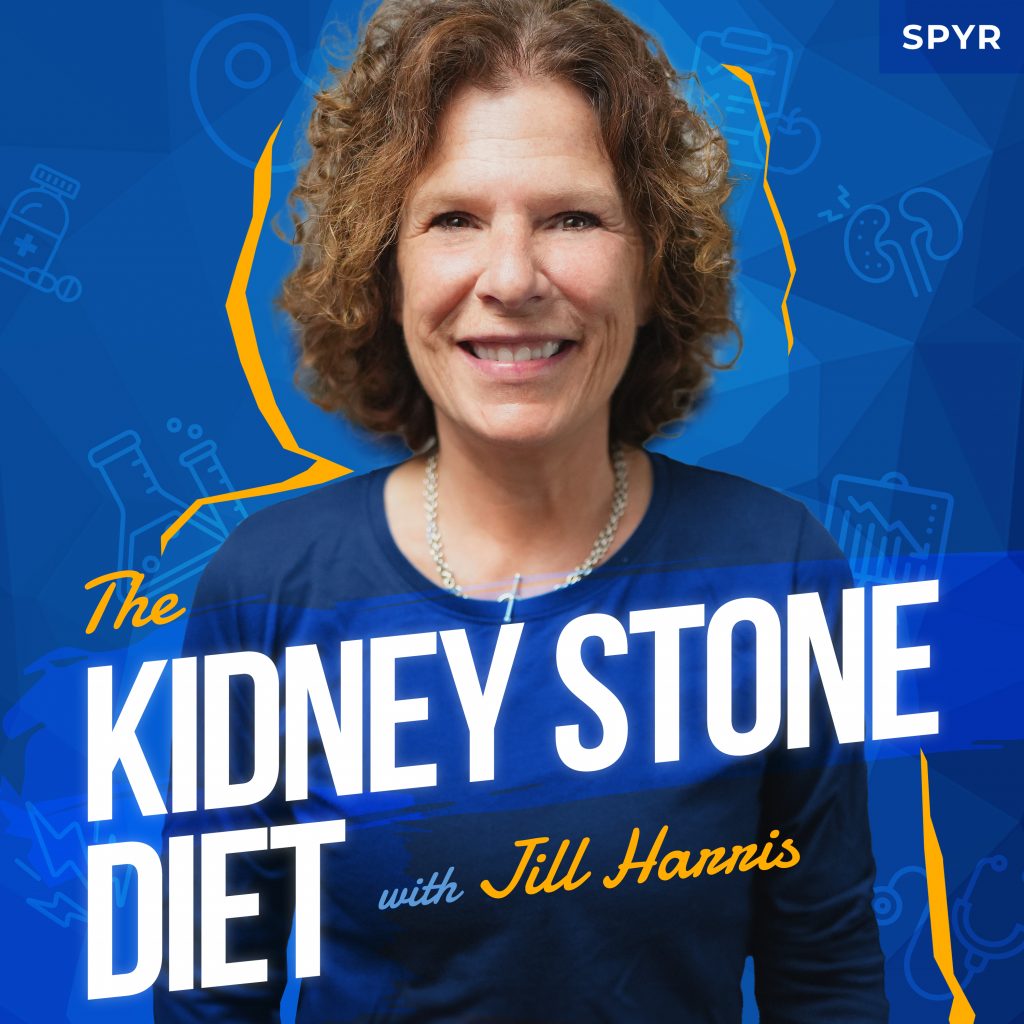
Kidney Stone Diet Podcast
Reduce your kidney stone risk and live your best life.
Each week, Nurse Jill Harris—Kidney Stone Prevention expert and creator of the Kidney Stone Diet®—answers your questions about kidney stone prevention.
Listen on Apple Podcasts, Spotify, or wherever you listen to podcasts.
Watch on YouTube.
Episodes
-
Can kidney stones trigger an eating disorder?
The conversation explores the complex relationship between kidney stones and eating disorders, emphasizing the challenges faced by individuals with a history of eating disorders when managing dietary restrictions to prevent kidney stones. Jill shares insights from her practice, highlighting the importance of balanced nutrition and mental health support for those…
-
You’ll never stop making kidney stones until you do this
In this episode of the Kidney Stone Diet Podcast, hosts Jeff Sarris and Jill Harris discuss essential strategies for preventing kidney stones. They emphasize the importance of hydration, dietary choices, and understanding the relationship between sodium, calcium, and oxalate in urine. The conversation highlights practical tips for listeners to reduce…
-
These experts gave you kidney stones
In this episode, Jeff Sarris and Jill Harris discuss the complexities of dietary advice for kidney stone prevention. They explore the confusion caused by varying expert opinions on diets, the importance of finding a personalized approach, and the necessity of moderation in dietary choices. Jill emphasizes that successful weight loss…
-
The scary TRUTH about traveling when you have a kidney stone
In this episode of the Kidney Stone Diet Podcast, hosts Jeff Sarris and Jill Harris discuss the challenges and fears associated with traveling while having a kidney stone. Jill shares her personal experiences and offers practical advice for those concerned about traveling with kidney stones, including the importance of consulting…
-
Did spinach give me kidney stones?
In this conversation, Jeff Sarris and Jill Harris discuss the potential risks associated with consuming spinach, particularly for individuals prone to kidney stones. They explore the high oxalate content in spinach, its implications for kidney stone formation, and the importance of calcium in mitigating these risks. The discussion emphasizes the…
-
Is the Kidney Stone Diet a scam?
In this conversation, Jeff Sarris and Jill Harris discuss the validity of the kidney stone diet, emphasizing its scientific foundation and real-life effectiveness. They debunk myths surrounding the diet, share patient testimonials, and explain the goals of the diet that help prevent kidney stones. The discussion highlights the importance of…
-
Most people don’t know this about collagen
In this episode of the Kidney Stone Diet podcast, Jeff Sarris and Jill Harris discuss the popular topic of collagen, its benefits, and its potential risks, especially for kidney stone formers. They explore the misconceptions surrounding collagen’s effectiveness in reducing wrinkles and improving skin health, while emphasizing the importance of…
-
Don’t skip this if you want to prevent kidney stones
In this conversation, Jeff Sarris and Jill discuss the prevention of kidney stones, emphasizing the importance of understanding dietary factors and the necessity of conducting a 24-hour urine collection to identify the underlying causes of stone formation. They highlight common misconceptions about diet, particularly regarding foods high in oxalate, and…
-
How to make a kidney stone this winter
In this conversation, Jeff Sarris and Jill discuss the factors that contribute to the formation of kidney stones during the winter months. They explore dietary habits, hydration, and lifestyle changes that can increase the risk of kidney stones, emphasizing the importance of maintaining healthy habits even during the holiday season.…
-
Are you making this low oxalate mistake?
In this conversation, Jeff Sarris and Jill discuss common dietary mistakes made by individuals trying to prevent kidney stones, particularly focusing on the low-oxalate diet. They emphasize the importance of not overly restricting food intake, which can lead to unintended weight loss and nutritional deficiencies. Jill shares insights from her…
-
Calcium may dissolve kidney stones?!
In this conversation, Jeff Sarris and Jill Harris discuss the relationship between calcium and kidney stones, emphasizing the importance of calcium in preventing kidney stones rather than dissolving them. Jill shares insights from her nearly 30 years of experience in helping patients manage kidney stones, highlighting the significance of urine…
-
The worst foods for kidney stones in 2026
In this conversation, Jeff Sarris and Jill discuss the dietary factors that contribute to kidney stones, focusing on the worst foods to avoid and practical guidelines for prevention. They emphasize the importance of understanding oxalate levels in foods and how to manage dietary choices without feeling overly restricted. The discussion…
-
Is your breakfast causing kidney stones?
In this episode of the Kidney Stone Diet Podcast, hosts Jeff Sarris and Jill Harris discuss the impact of breakfast choices on kidney stone formation. They emphasize the importance of varying breakfast foods to ensure a balanced intake of nutrients and to avoid high oxalate, sugar, and sodium levels. Jill…
-
Removing oxalate won’t prevent kidney stones!
In this episode, Jeff Sarris and Jill Harris discuss effective strategies for preventing kidney stones through dietary changes and lifestyle adjustments. They emphasize the importance of hydration, understanding oxalate-rich foods, and setting achievable goals for long-term success. The conversation highlights the need for consistency rather than perfection in dietary habits,…
-
You won’t prevent kidney stones until you do this
In this episode of the Kidney Stone Diet Podcast, hosts Jeff Sarris and Jill Harris discuss the critical aspects of preventing kidney stones, emphasizing the importance of hydration over oxalate reduction. Jill explains that many people focus too much on oxalate while neglecting adequate fluid intake, which is essential for…
-
Did pasta give me kidney stones?
In this episode of the Kidney Stone Diet podcast, Jeff Sarris and Jill Harris discuss the relationship between pasta consumption and kidney stones, focusing on the oxalate content in different types of pasta. They emphasize the importance of portion control and incorporating vegetables into meals. The conversation also touches on…
-
Which foods have no oxalate?
https://youtu.be/5Y3HkI_Jy_M In this episode of the Kidney Stone Diet podcast, hosts Jeff Sarris and Jill Harris discuss the role of oxalates in foods and how they affect kidney stone formation. They emphasize that individuals do not need to eliminate oxalates entirely from their diet but should focus on balance and…
-
Did turmeric give me kidney stones?
In this episode of the Kidney Stone Diet podcast, hosts Jeff Sarris and Jill Harris discuss the implications of turmeric consumption on kidney stone formation, emphasizing its high oxalate content. They highlight the importance of moderation and calcium intake while debunking the myth that turmeric pills are necessary for inflammation.…


